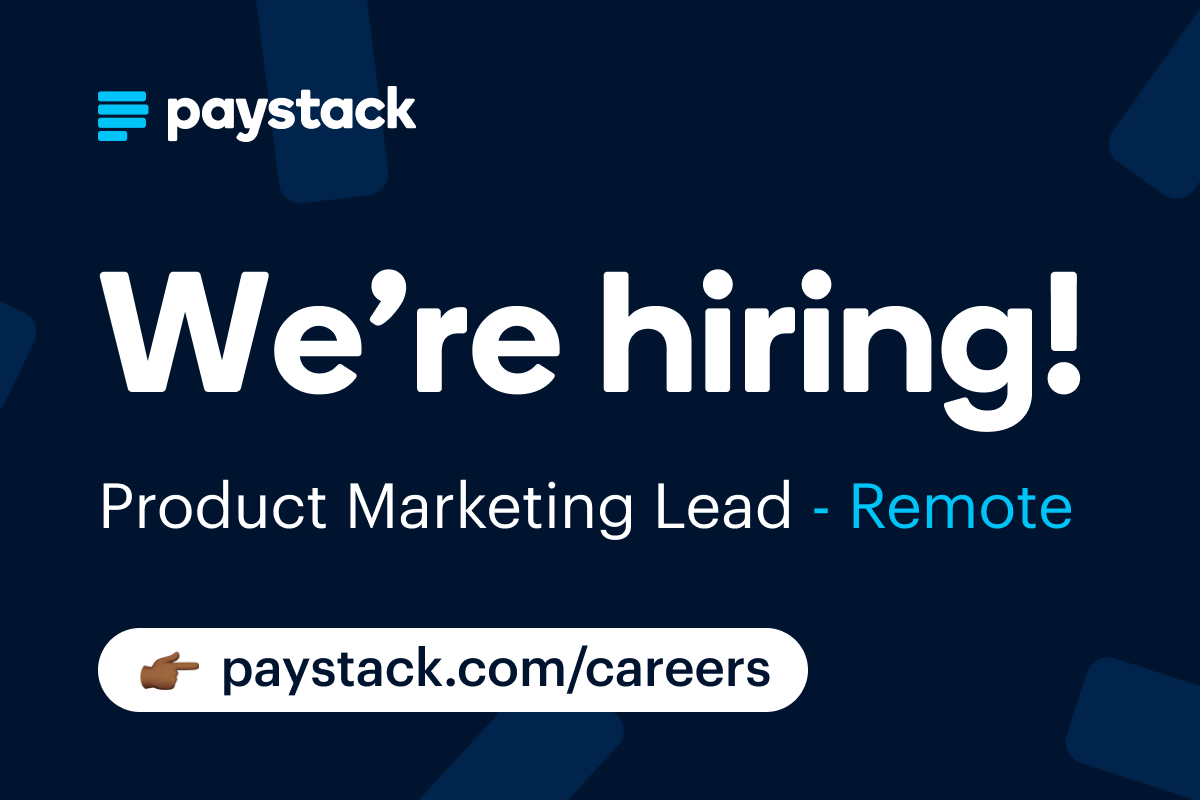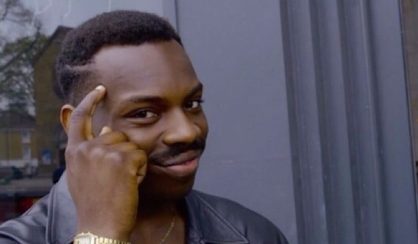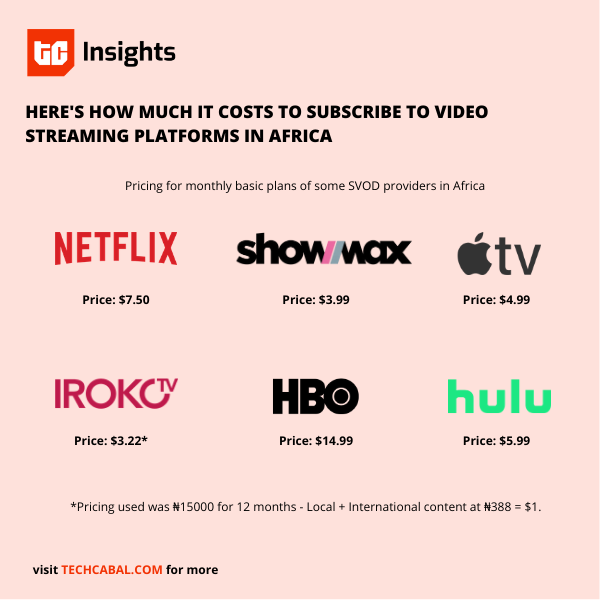
IN PARTNERSHIP WITH

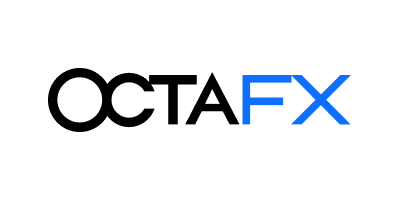
Good morning ☀️ ️
TikTok’s algorithm has been figured out. Using reverse engineering, Wall Street Journal Investigators found out how TikTok seems to know users’ deepest desires.
Heads up, it has nothing to do with likes or comments, and has everything to do with how much time is spent watching certain videos.
In today’s edition:
- Quick Fire 🔥
- Tips on getting a second-hand phone
- RxAll’s fight against counterfeit drugs
- A peep into the future of commerce
- TC Insights: Funding Tracker
Quick Fire 🔥 with Temi Babs
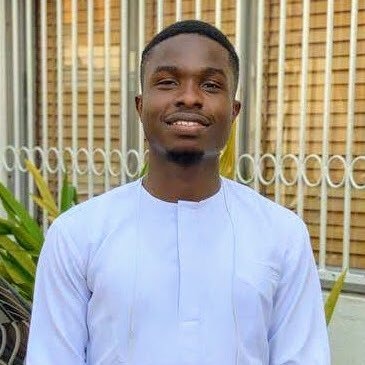
Explain your job to a five-year-old
I teach computers how to solve problems.
What’s the first career you dreamed of having as a kid?
First, it was to be a pilot. I think this was because I had never been on a plane before. When I got on a plane and saw it wasn’t that fun, I lost interest in being a pilot. Then I thought I was going to be a civil engineer but after a while, I decided I wasn’t into buildings. So I studied computer science and here I am.
What has been the most important career decision you’ve taken?
Joining a startup. I used to work at a big company where things move slower than I wanted them to. Making the decision to join a startup has given me the opportunity to build products and learn things faster.
If you did not have to sleep, how would you spend the extra hours?
Studying Physics. I think it’s because physics is a good description of how the world works. I’d like to understand the laws that govern the world.
What’s something you wish you knew earlier in your career/life?
There’s no free lunch. I used to wait for things to happen, instead of trying to make things happen.
What’s something new happening in your life right now?
Making new friends. I woke up one morning and realized there’s more to life than reading and writing code.
Temi Babs is the VP Engineering at Voyance, an end-to-end data management platform.
We’re looking for an experienced Product Marketing Leader to help Paystack acquire, engage, and retain Africa’s most ambitious businesses. Does this sound like you? Apply here →
Tips on getting a second-hand phone
Buying a second-hand device is often a risky venture. Whether it’s in Dantokpa, Kampala, Lagos or Soweto, the internet is filled with stories of people who bought iPhones only to find out, weeks later, that what they had were clones.
These stories haven’t put a damper on the second-hand smartphone market in Africa. In 2020, amidst the pandemic, there was a 4% increase in the global refurbished smartphone market.
Why the increase?
Well, there’s the allure of getting a flagship brand like Apple or Samsung at a cheaper rate than they would have initially cost. Recently, a friend bought a second-hand iPhone X 64GB for $320; the average price for a brand new one is $516, a 46.9% difference!
Even at the risk of untrustworthy vendors, there’s great reward in getting a high-performing device at affordable costs.
So what should you know when browsing for a second-hand phone?

The first rule is to know someone who knows someone 😉. Always have an insider or go along with someone who knows the market.
The second rule is to perform checks and balances. Camera quality? Check it. Charging port? Check it! Speakers? Check it! Even the weight and dimensions of the phone, check to see if it corresponds with factory specifications.
You can never be too careful with checking.
Chidinma Egwuogu has more guidelines in How to navigate Africa’s thriving second-hand smartphone market.
How do you work your way up to mastery?
The international forex broker has a perfect idea. Stay grounded, get the best in class forex trading tutorials and ace financial freedom in the process.
Start your journey to mastery here.
A PEEP INTO THE FUTURE OF COMMERCE WITH HEAD OF TC INSIGHTS, OLANREWAJU ODUNOWO
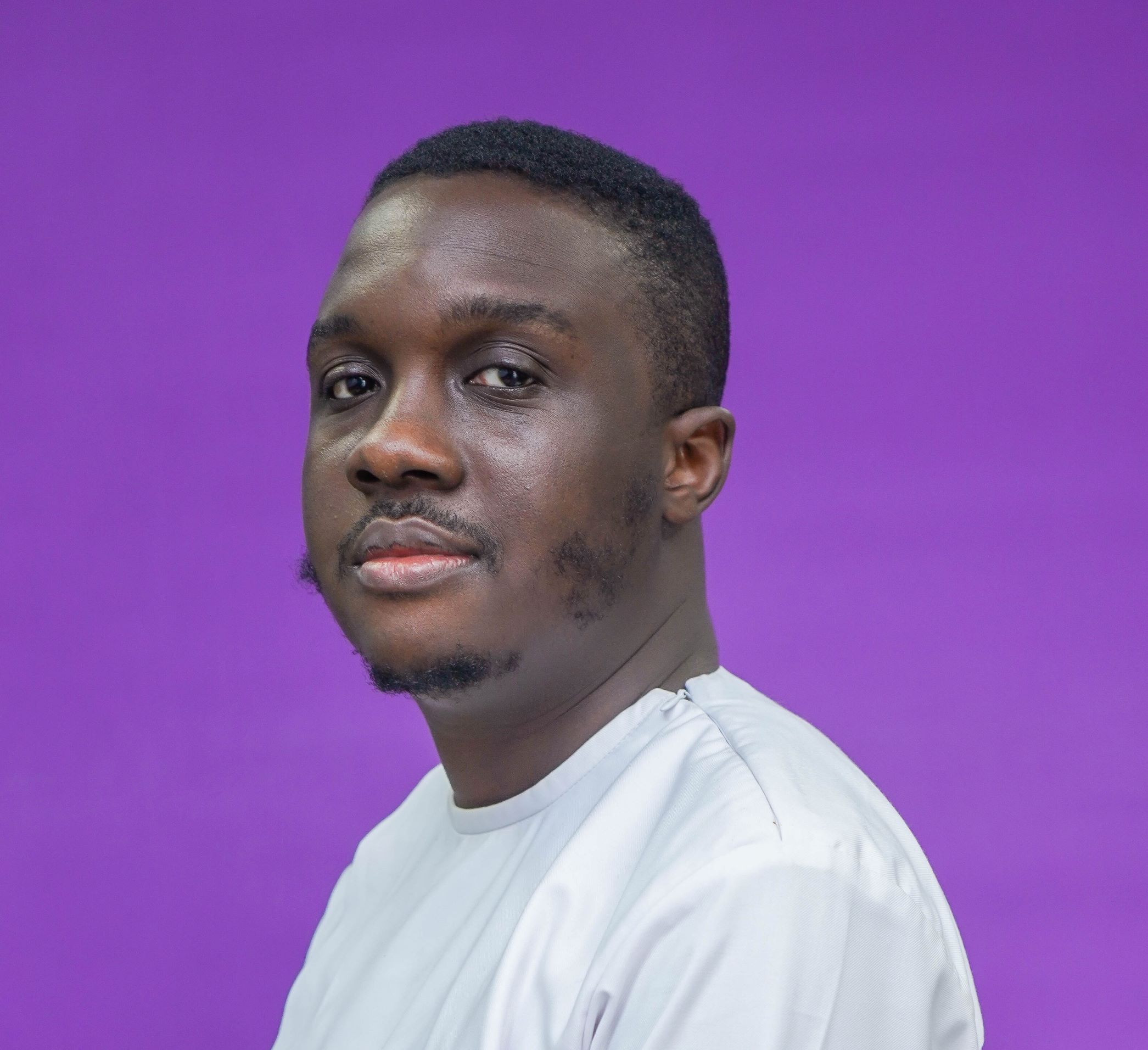
Why the Future of Commerce, and why now?
The COVID-19 pandemic changed the face of commerce. Not only did businesses have to adjust their processes and systems, consumers changed their shopping habits as well. More than 84% of consumers have shopped online since the pandemic. We saw businesses introduce things like contactless payments and curbside deliveries.
Although the worst of the pandemic is over – thankfully there are now vaccines – the question for most businesses is what next? What will the next few years look like for commerce? Will the trends we’re seeing remain the same? Will there be any significant changes? There are talks of new variants etc; how should businesses prepare? These are the questions we would like to answer at the conference.
Who should attend the Future of Commerce?
Everyone is invited! I’m kidding. It’s a conference for everyone who works in any of the key commerce sub-sectors including payments, logistics, FMCG, etc.
We’re looking for key decision-makers across these sectors as well as the investors who are funding them.
What kind of people will be speaking?
It’s a global conference with an African perspective. Our speaker list comprises commerce leaders across the globe as well as local leaders. If you’ve been paying attention; we’ve announced Ray Youssef, CEO – Paxful, and Iyin Aboyeji – General Partner/Co-founder at Future Africa as two of our speakers.
What are your personal expectations for this conference?
We’re hoping to hold a high-impact conference that will set the agenda for commerce over the next few years. We want everyone who comes to go away feeling like they became more knowledgeable just by attending the conference. It’s going to be a full-day learning session but there will be loads of opportunities to network.
🔔Still not signed up for the Future of Commerce? You can still do so here.
🤝Looking to partner with us? Good call. Send an email now to favour@bigcabal.com
RXALL’S FIGHT AGAINST COUNTERFEIT DRUGS
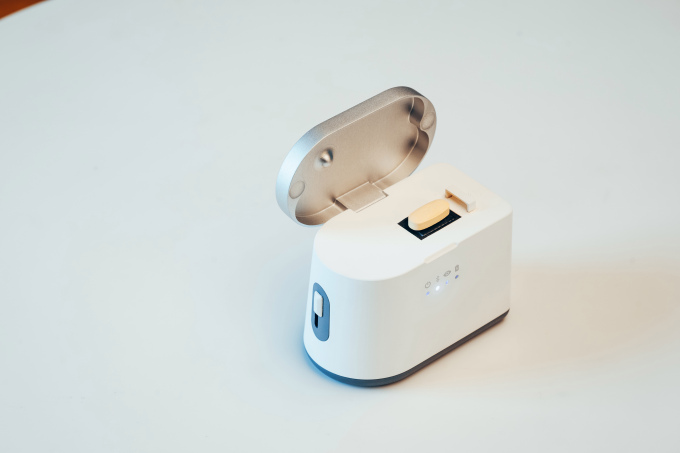
Counterfeit medication accounts for 100,000 deaths per year in Africa. It’s a global scourge with a price tag of $100 billion annually. While it’s hard to investigate and detect counterfeit medicine, there are a few ways to deal with this menace.
There’s radio frequency identification which uses radio frequency tags to identify and secure medical products.
Nigeria and US-based startup, RxAll, has a different approach.
Backstory
Founded in 2016 by Adebayo Alonge, Amy Kao, and Wei Liu, the startup created the RxScanner, a proprietary molecular sensor device that can identify the quality of prescription drugs in 20 seconds displaying results on an IoS and Android app in real-time.
Of the three co-founders, at least two – Amy and Adebayo – have been direct victims of counterfeit drugs in the past while Wei lost a family member.
The journey so far
Funding has been limited for the healthcare startup. A bulk of its customers and revenue is generated from Nigeria. With the help of its scanner, it is presently servicing 1 million patients in 2000 hospitals and pharmacies in West Africa.
Recently, it closed a seed round of $2.25 million which, according to Adebayo, will help the company scale its scanner across Africa.
Read more: RxAll grabs $3.15 million to scale its drug testing and counterfeiting tech across Africa.
TC INSIGHTS: FUNDING TRACKER
6 out of the 8 deals this week were either pre-seed or seed rounds. The exceptions were an undisclosed pre-Series A round and a $2.3m Series B round.
Here are the deals:
- RxAll raised $3.15m in a round led by SOSV ‘s HAX with Launch Africa and Keisuke Honda.
- Chaka, a Nigerian fintech startup, raised $1.5m from Breyer Capital.
- South African lending startup, Akiba Digital closed a $1.1m round led by Expert DOJO and Oui Capital.
- Egyptian edutainment startup, Jeel secured $1.2m from angel investors in Kuwait and Jordan.
- Ctrl, an insurtech startup based in South Africa raised $2.3m from Naspers Foundry.
- South African home services marketplace, Kandua closed a pre-Series A round led an undisclosed round from a consortium of investors.
- An employee wellness platform in South Africa, Strove secured $277K seed funding from Launch Africa and some angel investors.
- Egyptian e-health startup, Estshara raised $500K in seed from Egypt Ventures.
That’s it for this week!
Stay updated on funding news by following us on LinkedIn, Instagram and Twitter.
JOB OPPORTUNITIES
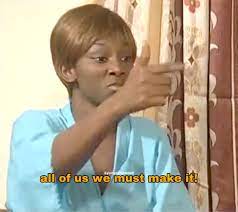
Every week, TechCabal shares job opportunities in the African ecosystem.
- TechCabal – Senior Editor (West Africa)
- TechCabal – Senior Writer (Africa)
- YouTube Shorts – Community Partner Manager
- Pathfinder International – Media and Communications Officer
- Resolve to Save Lives – Technical Project Manager
- Shara – Chief Operating Officer – (Nigeria, Kenya, Cape Town, Washington DC)
There are more opportunities here. If you’d like to share a job opening or an opportunity, please fill this form.
What else we’re reading
- Twitter is testing Reddit-ish upvotes and downvotes on iOS devices.
- Mercedes Benz hits the accelerator in a race with Tesla.
- Mark Zuckerberg is betting Facebook’s future on the Metaverse.
- Kenya Olympics Committee warns corporates and celebs on hashtag hijacking during the games.
- MTN expands 5G coverage in South Africa to more areas.







